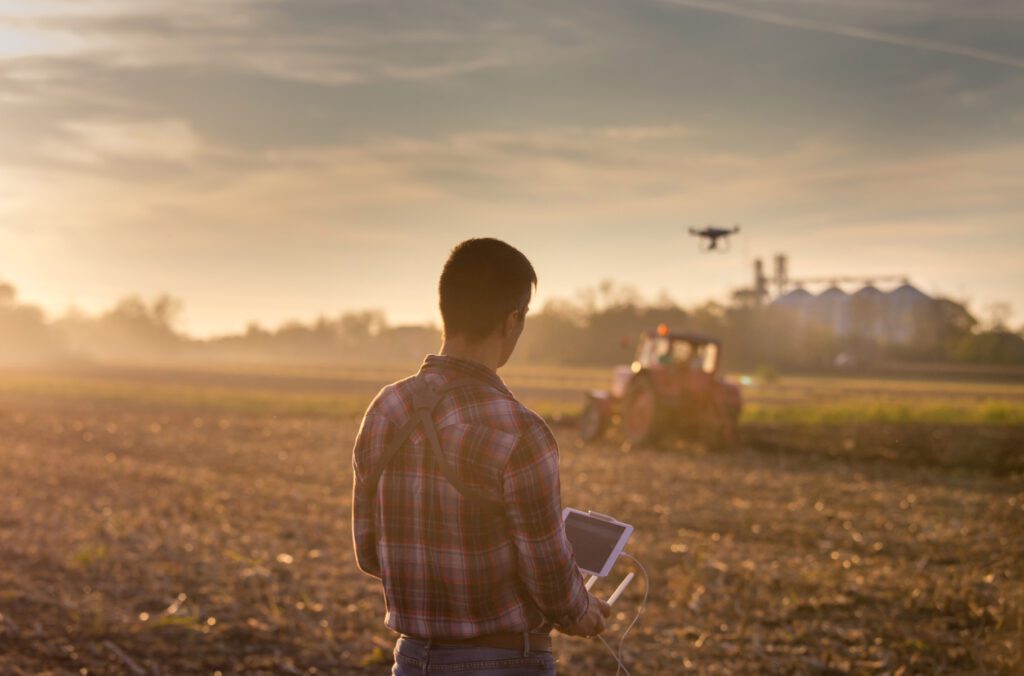Already a leader in biotech for agriculture, Bayer announced plans to double its Crop Sciences Division with a major push into regenerative farming.
Along with highlighting efforts to build food security through regenerative farming, Bayer promoted how it helps build food resiliency by supporting smaller local farms and by helping farmers in Ukraine.
Regenerative farming, or “crop-smart agriculture,” describes practices that enhance sustainability and productivity by recognizing agriculture’s position within the larger ecosystem. Regenerative farming makes soil healthier. And, it eases the impact of climate change with practices to capture carbon and nitrogen and sequester them in the ground.
At its Innovation Summit in New York last month, Bayer presented plans to add €100 billion ($110 billion) in revenue from biotech-based regenerative farming. This matches revenue from its existing business in seeds, traits, and crop protection.
Bayer’s regenerative farming developments planned include:
- Crop fertility, including nitrogen fixation to grow more crops with fewer greenhouse gas emissions.
- Biologics, biobased plant protection against pests and diseases using fewer chemicals.
- Biofuels, including fuels made from cover crops.
- Short corn, a “greener,” more productive crop.
- Carbon farming, where advances like deeper roots and no-till farming foster carbon income for farmers through the Bayer Carbon Initiative.
“We define regenerative agriculture as increasing food production, farm incomes and resilience in a changing climate while renewing nature. Our portfolio will deliver future innovations with regenerative agriculture at the core, and we will explore new market opportunities to further allow farmers to combine productivity, profitability, and sustainability benefits,” said Rodrigo Santos, President of Bayer’s Crop Science Division.
Acting locally, on a global scale
Bayer recognizes the role small farms play in feeding local populations. This is why the company plans to support 100 million smallholders by 2030 through initiatives providing education, modern technology, and resources.
And these smallholder initiatives work. An independent survey showed a large majority of participants in four diverse programs reported increased productivity and income, improved farming methods, and better quality of life.
“The positive results are encouraging because they validate the objectives of Bayer’s smallholder and regenerative agriculture strategy, with its focus on sustainable production and improving the social and economic well-being of farmers and their communities,” according to Bayer’s Frank Terhorst.
Bayer is also supporting local farmers in Ukraine, where the war is threatening lives, livelihood, and food security. Bayer has partnered with the U.S. Agency for International Development (USAID) to provide Ukrainian farmers access to Bayer’s digital farming platform and donate high-quality seeds.
Bayer just this week announced an expansion of the partnership. The expansion includes an additional $15.5 million investment in Ukraine for innovative technology, farmer security, and seeds.




